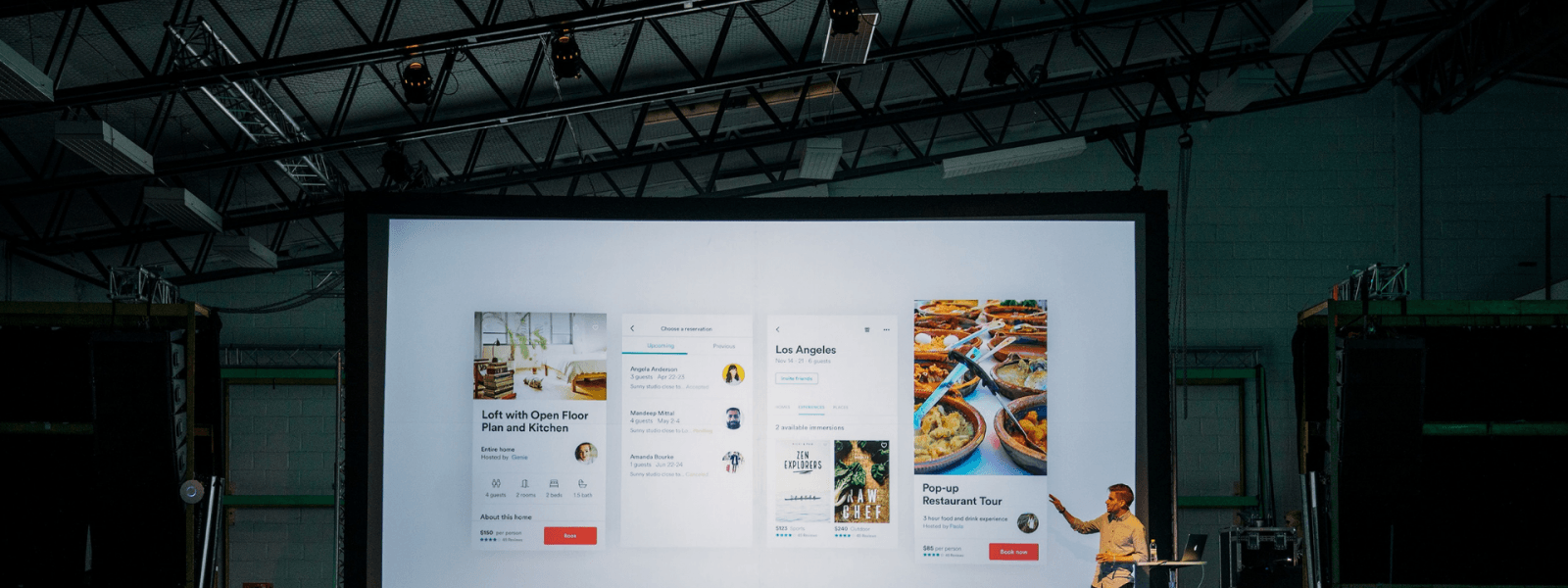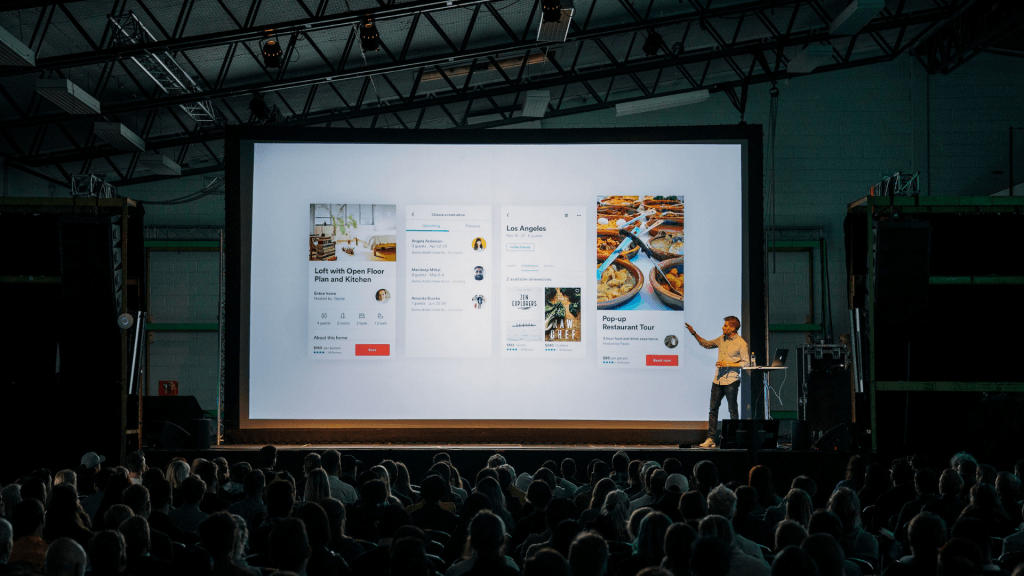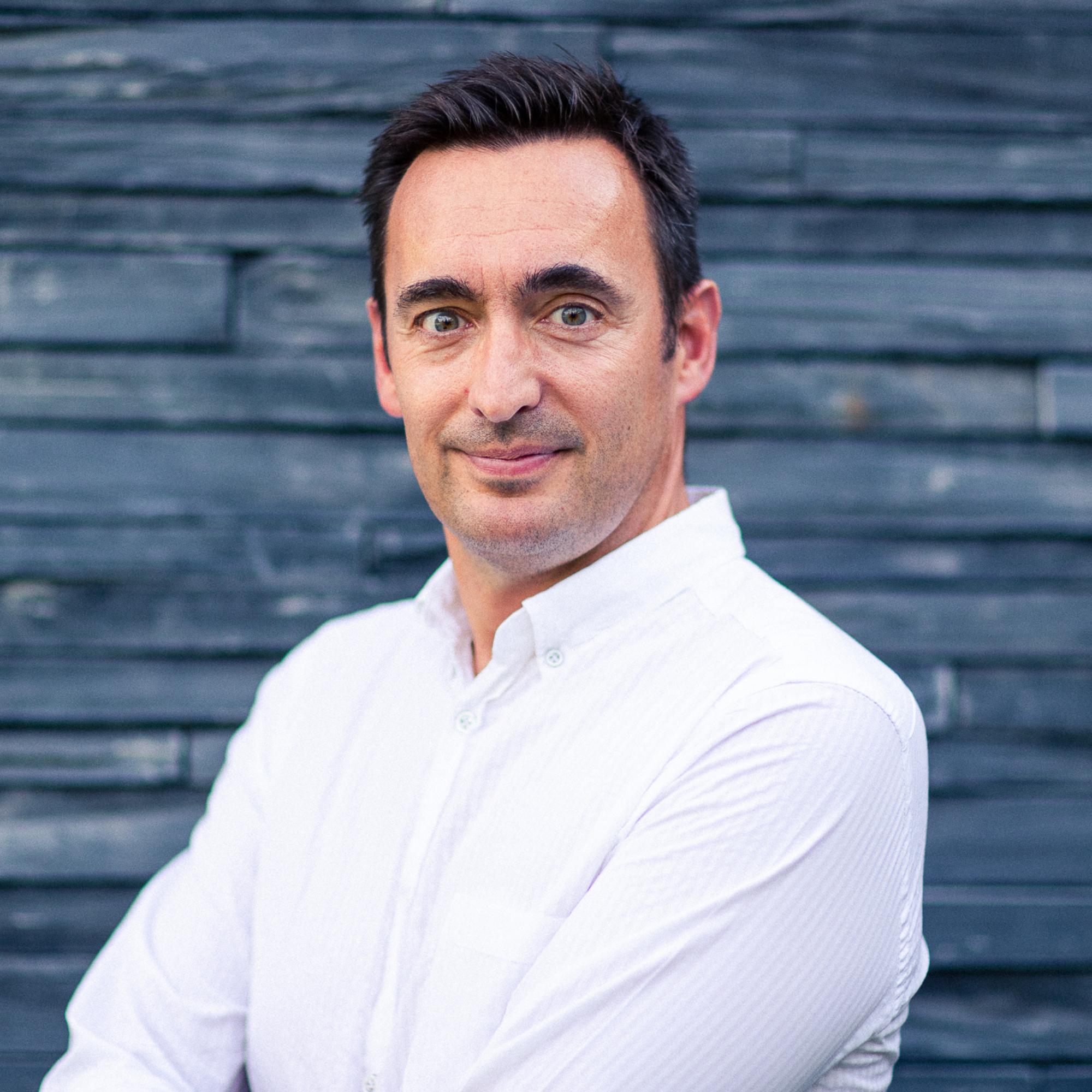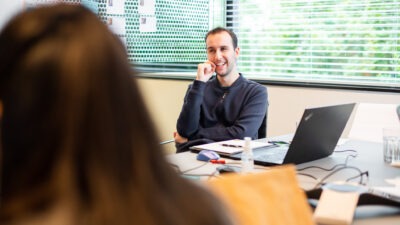SingularityU Spain Summit: Our Founder’s favourite talks & take aways
on 9 April 2019 for ProfessionalsA while ago, our Founder Raf Seymus hopped on a plane to Spain to attend the Singularity University Summit in Madrid. He took the time to write about his most inspiring moments on LinkedIn. You can find his article right here!

Last month, I traveled to Madrid to attend Singularity University’s (SU) Spain Summit, a two-day conference that helps leaders understand how to apply exponential technologies to create positive change and economic growth.
SU’s aim is to nurture a global community of leaders and help them to explore Industry 4.0 technologies such as artificial intelligence, digital biology, and robotics. Their annual Spain Summit is a chance for company leaders to make new connections and share ideas in order to tackle some of the world’s biggest challenges. SU’s innovative platform helps to foster breakthrough solutions using accelerating technologies that help to build a better future for all.
The expectations for this year’s summit were high: 808 different companies were represented, with 1,030 attendees flying in from 24 different countries. Of the many talks that I attended during the summit, the following seven were the ones that stuck with me the most.
#1. John Hagel – The future of work
John Hagel is co-chairman of Deloitte’s Center for the Edge and has authored a number of bestselling business books. John’s work puts him at the cutting edge of research into new business opportunities and his highly anticipated talk about the future of work surpassed all expectations.
John began by noting that almost all companies are driven by a scalable efficiency model, based on standardization and integration. This model has created a vicious circle, putting resources into the hands of a select few. He predicts that exponential technologies will create exponential opportunities. The challenge facing us is how we can transition to this new reality.
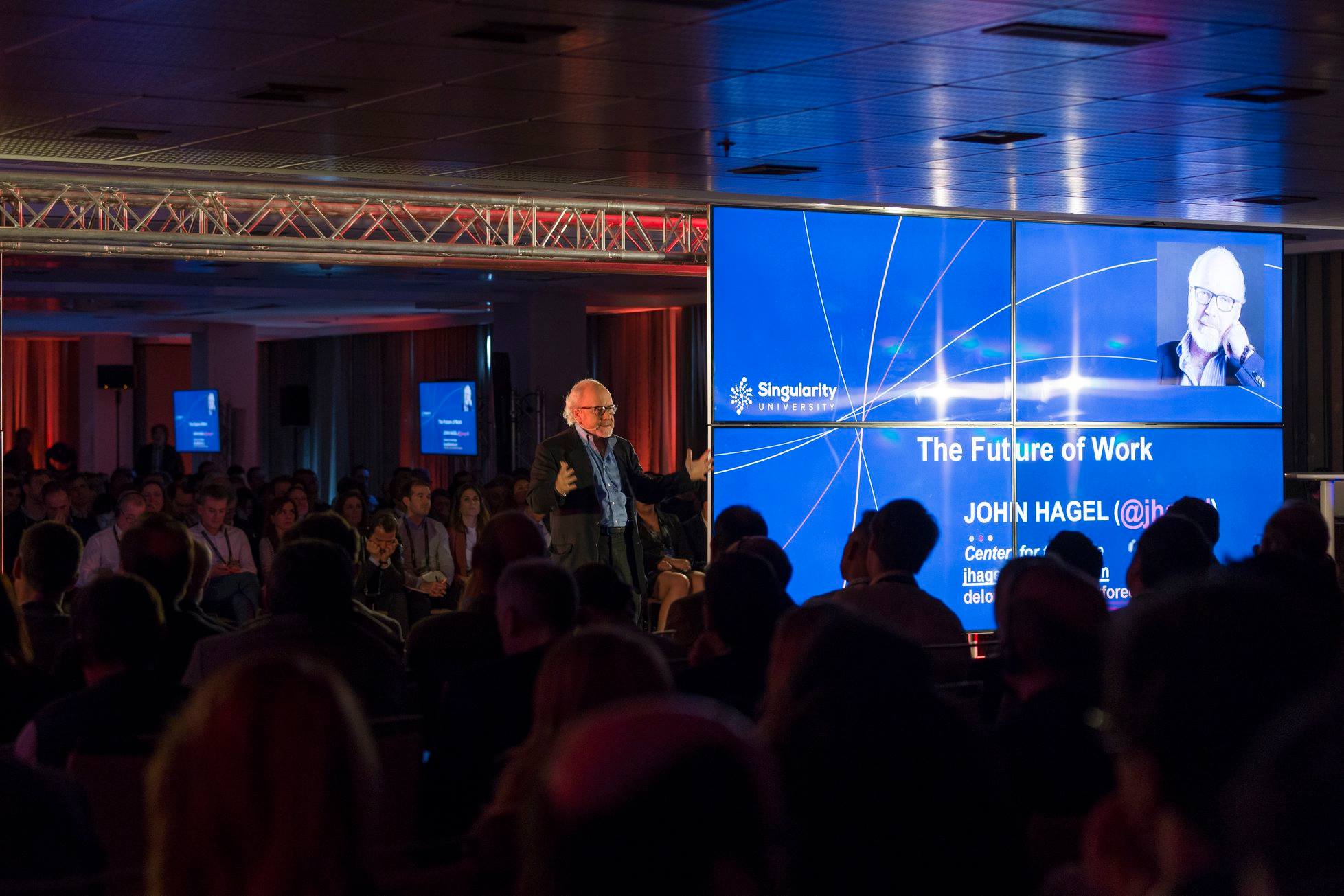
The crux of John’s speech was that we need to radically rethink the definition of work. Work should be about addressing problems or capitalizing on opportunities to create value. We should automate any and all routine tasks that can be done by machines, to free up humans to do what they do best: solve problems and create value.
To realize this future, John suggested that we need to develop a model of scalable learning, where groups of individuals work together to create new knowledge. By harnessing external expertise, we can help groups learn faster together. If we shift the focus away from skills and onto capabilities, people will be motivated to learn faster and will be able to retrain to adapt to changing workplace roles.
#2. Eric Ezechieli– Sustainable Future
Eric Ezechieli is the co-founder of Nativa, the first B Corp in Europe, and delivered an electrifying talk about how businesses can build a sustainable future. As a ‘regenerative’ entrepreneur, Eric believes that companies of all sizes to work together and create a shared and durable prosperity. He began by noting that the current dominant business model, which prioritizes creating value for shareholders over environmental and social concerns, is unsustainable. Unequal wealth distribution will undoubtedly lead to social unrest if left unchecked.
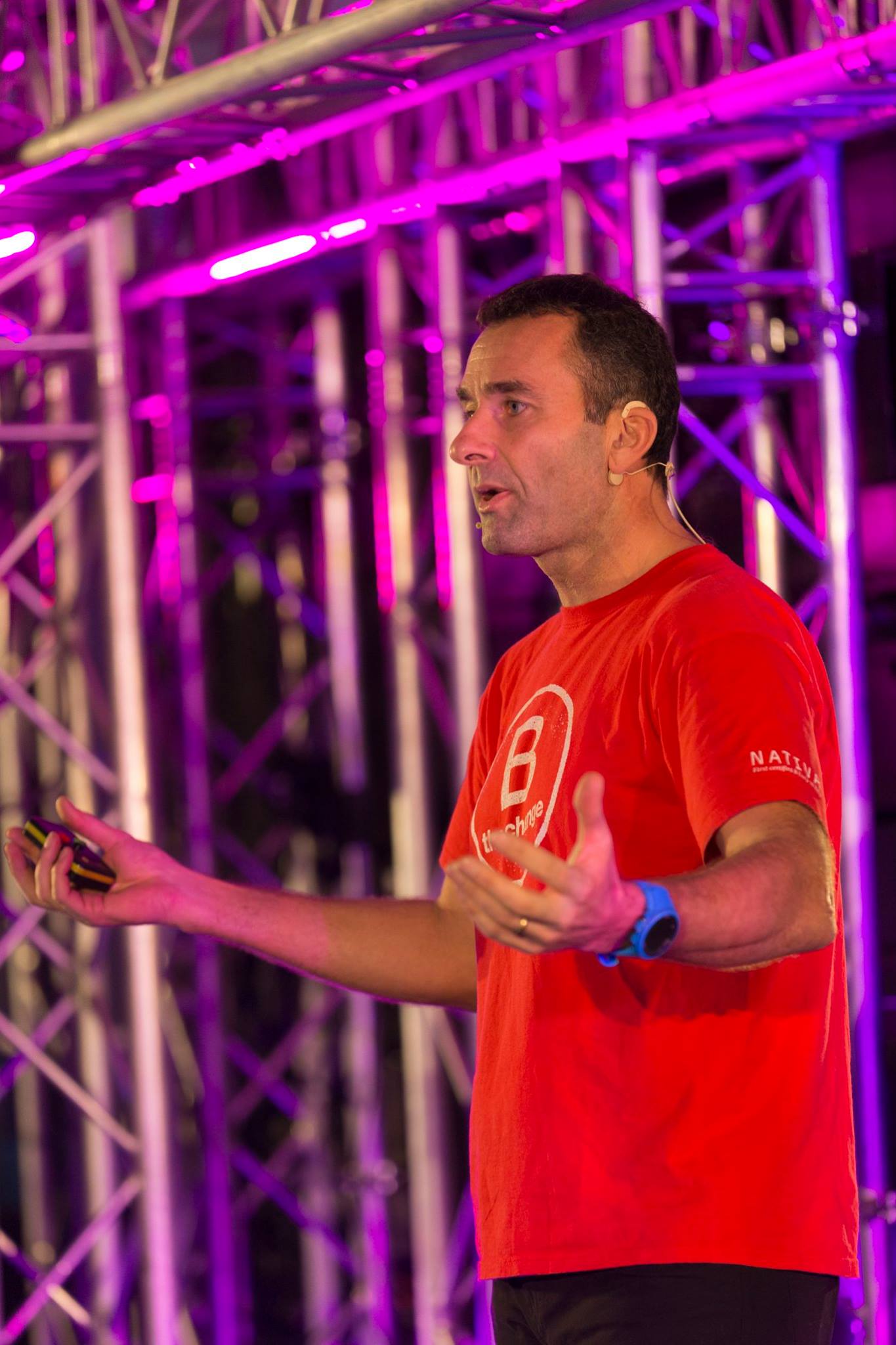
Eric’s solution to this challenge is to reinvent the entire concept of business within a sustainable, ‘circular’ economy. This means recognizing that we live in a closed ecosystem and therefore must adopt the mindset of astronauts. Business must take all stakeholders into account and redefine their definition of success as “giving back more value than they take”. Eric calls this ‘global regenerative value’ and Nativa’s B Lab offer assessments to companies that want to learn how to maximize their profits by enhancing their regenerative value.
#3. Anita Schjøll Brede – Artificial Intelligence
Anita is the CEO and Co-Founder of Iris.ai, an innovative artificial intelligence startup. Her talk focused on how we can bring our hearts and love into the world of AI to create an incredible future. According to Anita, love is one of the uniquely human qualities that separates man from machine. Any AI that could make a human fall in love with it would have achieved human-level intelligence.
Anita categorized AI into three levels: the present (ANI), the future (AGI) and the distant future (ASI). AI is developing at such a rapid pace that its current definition, synonymous with machine learning, deep learning, and neural networks, may not last for much longer. In time, AI software will be able to process and learn from different and varied sets of data in ways that are currently unfathomable.
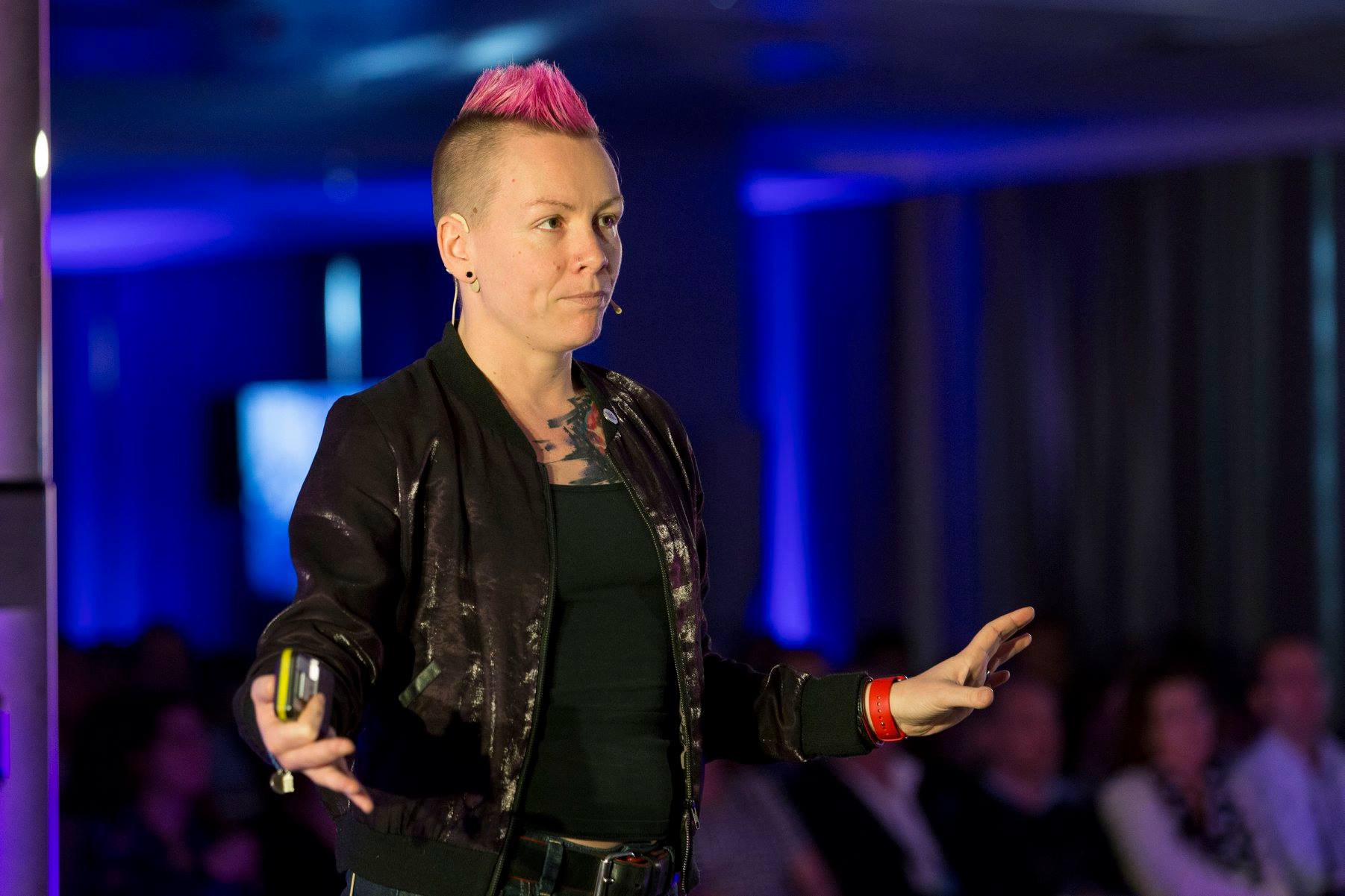
However, this development can only take place if AI systems are no longer limited by the biases of the humans that designed them, as they are today. Otherwise, in the future, we’ll only have machines that operate in the same way as human brains. During her talk, Anita argued that AI should complement the human brain, not mirror it. She had a warning for anyone developing an AI strategy: think carefully. When it comes to AI, you need a goal and vision for where you want to be in the future. If you combine labeling, branding, problem solving and vision, a brilliant AI future can be realized for us all.
#4. Divya Chander – Neuroscience
As a SingularityU and Stanford University professor, an anesthesiologist and a neuroscientist, it’s fair to say that Divya is used to exploring challenges from multiple perspectives. However, her main goal is to understand the neural mechanisms of consciousness. She is currently studying the effects of microgravity on sleep and cognition, while simultaneously working on neural wearable devices. Her talk focused on the ways that mind reading and brain mapping can be used to understand brain activity as well as the scientific and moral consequences this may have.
According to Divya, this area of research has the potential to improve a wide range of medical conditions. In tomorrow’s world, it may be possible to create fully functional bionic limbs or rewrite the brain to cure brain diseases. Research into editing, regenerating and connecting our brains is already underway, and it may soon be possible to help people regain lost mobility using brain-machine interfaces. For example, magnetic and electric stimulators (electroceuticals) could potentially reduce the need for invasive treatments and drugs. Implants could be used to help patients restore lost senses, and brain-machine interfaces could help patients regain neurological function without surgery.
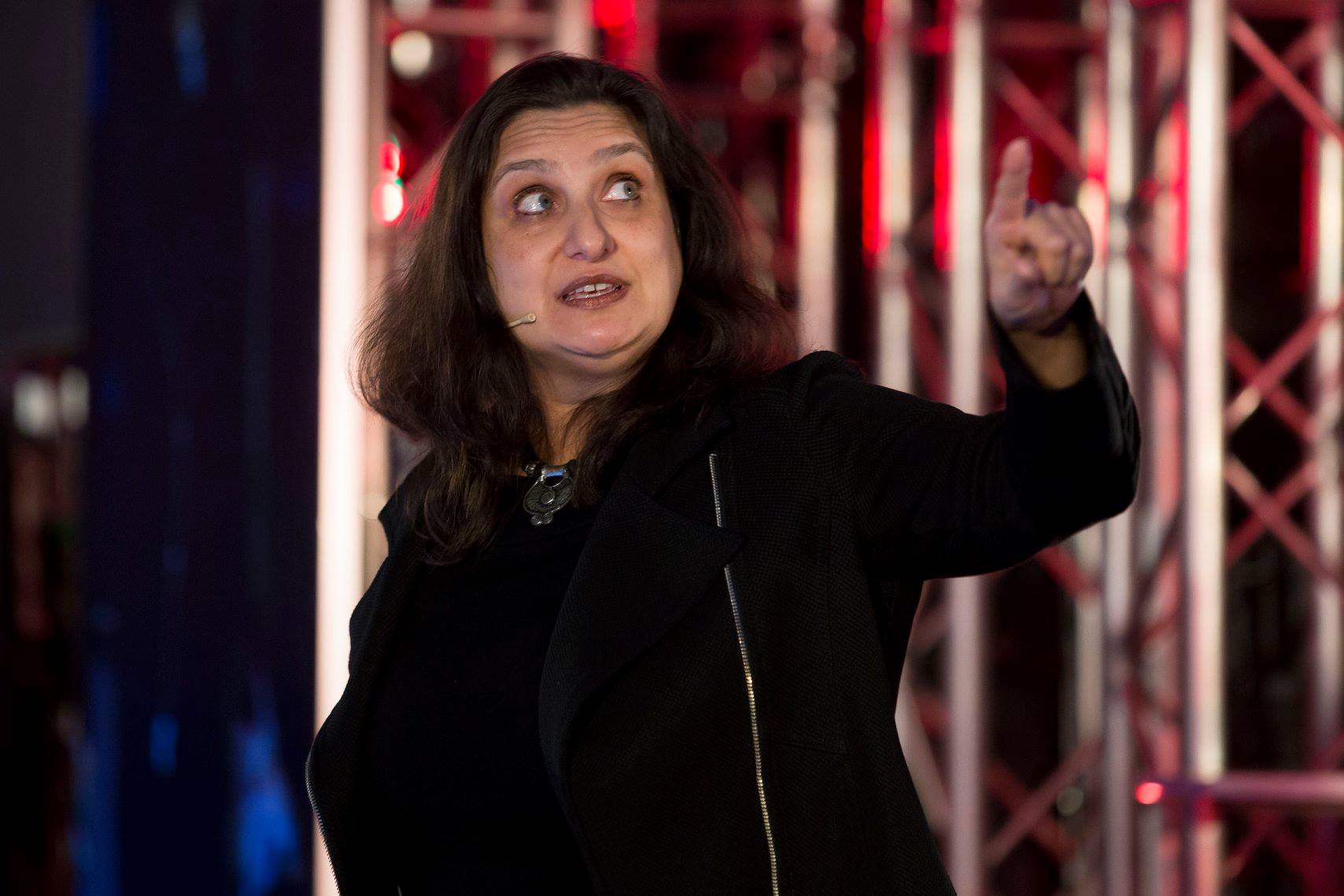
However, these advances will have enormous implications for humanity and create numerous moral and ethical dilemmas. Electroceuticals could be used to scan people’s thoughts and steal passwords, or even create false memories. What would happen if neurostimulation (brain enhancing) was available only to a handful of the richest people? What would they use their enhanced cognitive skills for? What if someone used brain mapping to create a clone of themselves or of someone else? And when humans connect their minds to machines, what will they become? Super-human? A humanized-robot? Or something else entirely?
I found Divya’s talk extremely thought-provoking. In a summit devoted to promoting AI and ML, her talk stood out with a very unique, human message: we should focus on improving the human condition, not AI or machines.
#5. Scott Summit – Exponential Manufacturing
As the Design Director of 3D Systems, Scott is dedicated to exploring new directions in 3D printing and design. His talk centered around the ways that 3D printing is helping to disrupt the manufacturing sector by letting people rethink and revolutionize processes from the ground up. In almost every single industry, 3D printing can be used to make highly optimized parts that use less material and produce less waste.
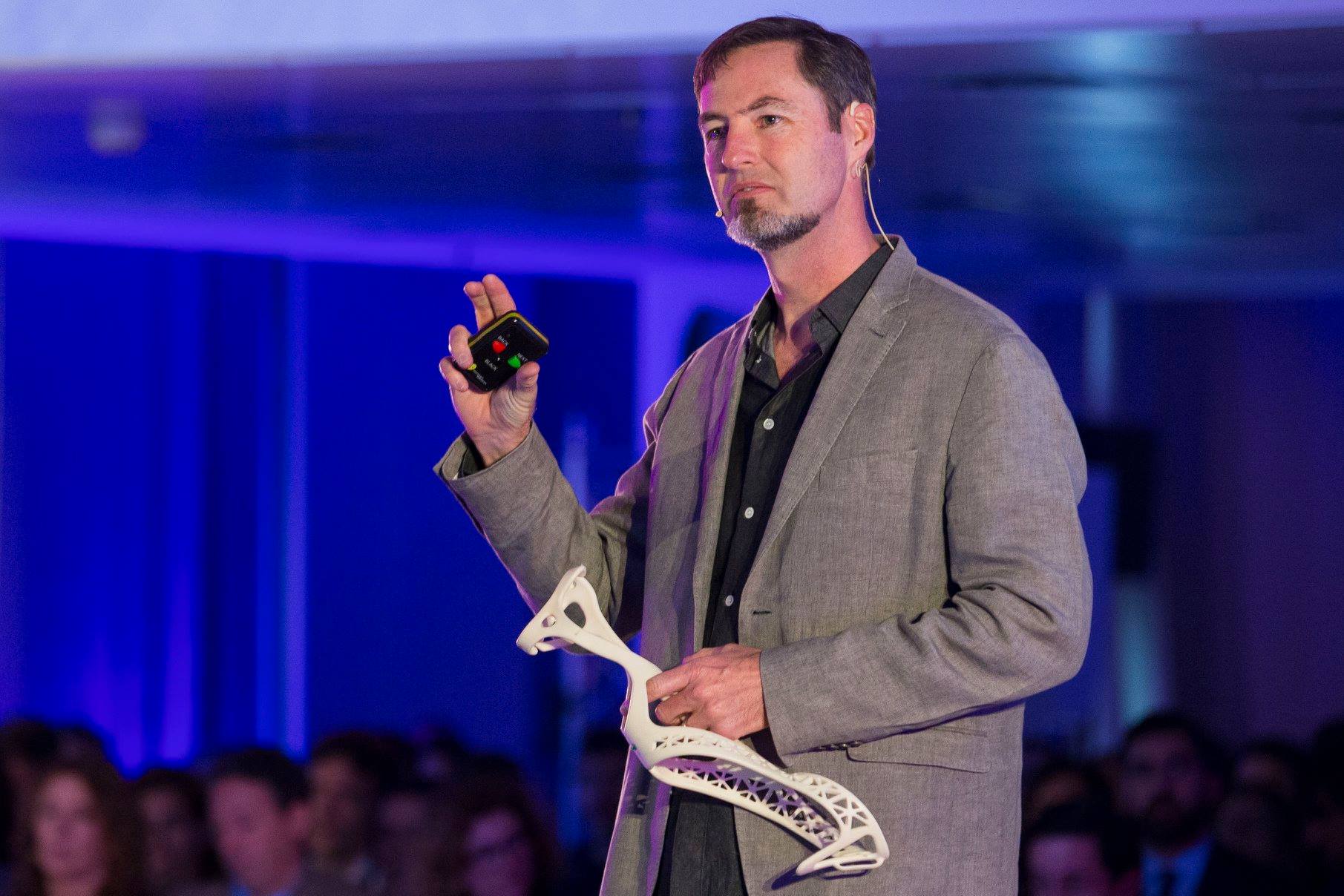
The crux of Scott’s talk was that 3D printing is having a huge knock-on effect on the way businesses operate. Thanks to 3D printing, parts can simply be printed on demand, thereby reducing the need for physical inventories. For example, the current ‘just-in-time’ supply chain model used in car manufacturing calls for the parts to arrive just before they are required. But 3D printing could replace this model with a ‘print on demand’ system that prints the required parts just in time. According to Scott, this is where the future of manufacturing in Industry 4.0 lies; autonomous mass production.
#6. Peter Diamandis – Abundance
Peter is the Executive Founder & Director of Singularity University, and the Founder and Executive Chairman of the X PRIZE Foundation, which aims to foster exponential change throughout the world. In his talk, Peter focused on how the world is, in fact, a much better place than most of us believe. As our brains are hardwired to prioritize bad news, we perceive the world to be much more negative than it necessarily is. We have evolved in local and linear societies, by today’s world is global and technology is making things available to more people than ever.

Peter cited plummeting infant mortality rates, skyrocketing literacy rates, and ever-lower rates of extreme poverty as examples of the ways that technology has taken us from a world of scarcity to a world of abundance. The costs of everything from products to communication, services, and information have been drastically reduced. We now live in a “global village”, where everyone is hyper-connected, enjoying longer lifespans, and has access to experts online at the click of a mouse.
So where are we heading? According to Peter, advances in AI could lead to a world where everyone has free access to all of their basic needs, including food, education, and healthcare. In five years time, over four billion people are going to be connected. Businesses, experts and innovators must work towards solving today’s problems and developing products and solutions that meet the needs of tomorrow’s citizens.
#7. Amin Toufani – Closing Keynote
Amin is the current CEO of T Labs and the former director of strategy and Vice President of Strategic Relations at SU. He delivered a stunning closing keynote during which he argued that the exponential technologies which form Industry 4.0 will increase inequality levels unless businesses and policy-makers focus on AQ (adaptability quotient), instead of IQ.

According to Amin, exponential technologies will create a select few “exponential winners” and could ultimately create a bifurcation of our species; the richest echelons of our society could engineer themselves into enhanced humans. While the poor will do better linearly, the rich will become exponentially richer.
Amin’s proposed solution is to focus on AQ instead of IQ, as AQ is coachable and is a better predictor of success. This shift in focus will help disrupt policy-makers’ decisions; increased automation will lead to increased unemployment and force discussions about UBI (universal basic income). Amin identified blockchain, AI supremacy, solar and quantum as the four supremacies of the future. They will ultimately lead to the next generation of the internet, the BLAIQ-net. Amin urged attendees to devote more time towards reaching longevity and daring to persevere.
Conclusion
SU’s Spain Summit offered a unique opportunity to hear what the leading thinkers in their respective industries had to say. Their inspirational words helped empower the summit’s attendees, including me, to strive to achieve more, forge stronger connections and look for ways to integrate technology. As I left the summit, Amin’s departing words were ringing in my ears: “We need to think about making a difference and think about what we will regret not having started.”
Excited to learn how we can help you prepare for the innovations of tomorrow? Visit our brand new website and find out.
Tags: conference , exellys , innovation , singularity